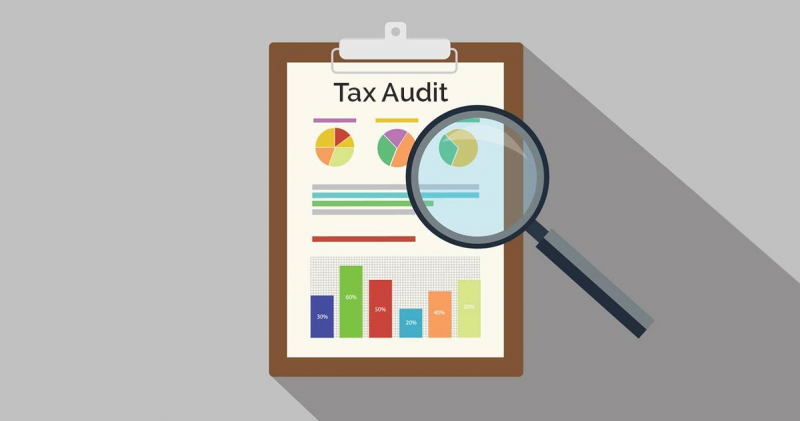Income Tax Audit in India
What is a Income Tax Audit in India?
Under Section 44 AB of the Income Tax Act, 1961, provision of Income Tax Audit is covered. Income Tax Audit is a way to examine an individual’s organization tax returns by any outside agency. Income Tax Audit done to verify all income, get the deduction information or about expenditures incurred. To do tax audit is mandated as per the provisions of the Income Tax Act. This act states that all the taxpayers are required to do an audit of all the accounts of their business or organization.
As per Section 44AB, the audit aim is to ascertain the factual veracity of the returns filed and the accomplishment of other requirements as per applicable rules.
The Chartered Accountant performing the tax audit is required to do the submission of all its findings and observations in the form of an audit report. The audit report is given as per format available in the form numbers 3CA/3CB and 3CD.
What is section 44AB?
Section 44AB contains the provisions related to class of taxpayers for whom getting their accounts audited by a chartered accountant is mandatory.
Tax audit objectives
Following are the objectives of tax audits:
1. A structured tax audit ensures all the organizations and businesses are mapped on similar grounds as far as financial transparency is concerned.
2. It ensures all businesses maintain account books and records relating to revenue and expenses
3. It ensures that total income and deductions are claimed accurately and to the best of everyone’s knowledge.
4. It nullifies the chances of any possible fraudulent practices.
Who all are covered under tax audit rule?
Following is the list of people or class of people who compulsorily need to get their accounts audited:
1. An individual engaged in any form of business with turnover more than Rs. 1 crore.
2. Any professional with annual income more than Rs. 50 lakhs
3. Any individual covered under section 44AD, presumptive taxation rule but later on claims and proves that the profits are lower than as calculated for the taxation purpose. Same is the case with an individual who’s on record income is more than the amount which is tax-free.
4. Anybody who earlier qualified under the presumptive taxation rule but later on opted out of it. He/she would lose the option to revert back to the rule for a straight 5 assessment years span.
5. Individual who qualifies for presumptive taxation scheme but later on claims the actual profits are lower than the calculated ones under the section 44AE.
6. Individual who qualifies for presumptive taxation schemes but later on claims that the actual profits are lower than the calculated ones under section 44BBB.
How to get/file Tax Audit Report
The tax audit report is to be electronically filed by the chartered accountant to the Income-tax Department.
After filing of report by the chartered accountant, the taxpayer has to approve the report from his e-fling account with Income-tax Department (i.e., at www.incometaxindiaefiling.gov.in).
Penalty for not getting Tax Audit
If any person who is required to comply with section 44AB and fails to get his accounts audited or fails to furnish tax audit report , the Assessing Officer may impose a penalty.
The penalty shall be lower of the following amounts:
(a) 0.5% of the total sales, turnover or gross receipts, as the case may be, in business, or of the gross receipts in profession.
(b) Rs. 1,50,000.
Hence, it is very important to conduct a tax audit in a timely manner to ensure the transparent and hassle-free running of the business. Any failure in doing so attracts heavy fines and penalty. Being vigilant regarding the financial declarations and filings is important for the smooth running of the business as well as business owner’s mental peace.
If you have any questions or want to know more, kindly contact us.

